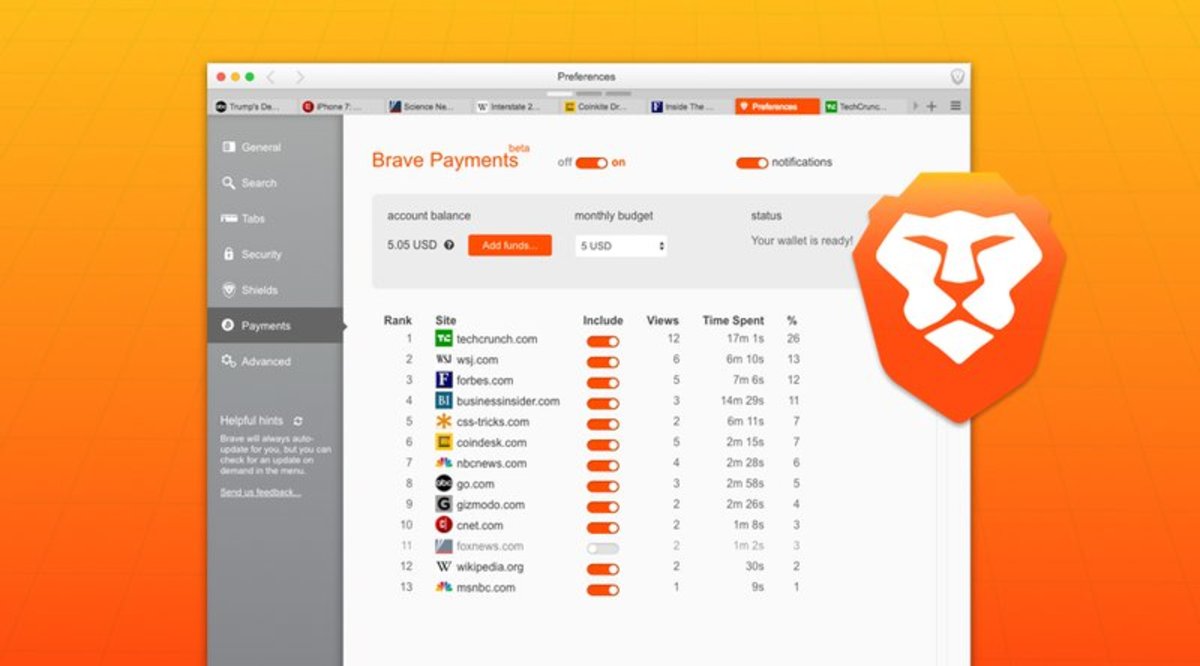Over the past few weeks, community-driven Bitcoin statistics and services provider Coin Dance conducted a survey to analyze the stance of the Bitcoin community on the Bitcoin block size debate. Approximately 64% of Bitcoin users that participated in the survey voted for the increase of the block size limit.
Scaling the Bitcoin network
Since the Bitcoin Roundtable Consensus in Hong Kong held in February 2016, a lot of Bitcoin users, miners, companies, and investors have demanded for the increase of the Bitcoin block size.
Miners and companies that participated in the Hong Kong conference opted to increase the Bitcoin block size by 2MB by the end of July. This agreement was verified and accepted by Bitcoin Core developers, who failed to deliver the hard fork by the agreed time period.
However, as the Bitcoin Core development team began to integrate various innovative scaling solutions like segregated witness, the community seemed to develop more trust in the practical works of the developers, acknowledging their commitment in scaling the Bitcoin network.
Over time, more start ups and miners expressed their support towards the Bitcoin Core development team, complicating the stance of the Bitcoin community in the block size debate.
Learning the opinion of the Bitcoin community
To evaluate where the majority of the Bitcoin community members and users stand in the argument, Coin Dance released their conclusive data on the survey they had conducted.
The official results showed that about 64.28% of the Bitcoin community are in support of the increase in Bitcoin block size. 47.64% of the voters were from /r/btc (pro- hard fork) and 49.79% of the voters came from /r/bitcoin (pro-Bitcoin Core).
While a lot of users complained that the basis of the survey is unidentified and it can’t be used as an actual confirmation to decide where the community currently stands, Coin Dance emphasized that considering the equal distribution of voters between /r/btc and /r/bitcoin, the data collected through the survey is legitimate.
Coin Dance wrote:
“We'd just like to reaffirm that the majority of our users come from /r/bitcoin, not /r/btc. Our goal is to simply provide access to information in a way that's as inclusive as possible, nothing more.”
Size matters, and the bigger the better
In response to the Coin Dance survey and data, Roger Ver tells Cointelegraph:
“Before Bitcoin, I had 15 years of experience scaling enterprise network infrastructure around the world as CEO of MemoryDealers.com, asking how big blocks should become in the future sounds just as silly to me as asking how big hard drives should become, or how fast internet connections should become.”
He further emphasized that there is no technological reason behind maintaining the Bitcoin block size at 1 megabyte.
Ver explains:
“All of those things should become as big and as fast as the technology allows. There is no technological reason today that the blocks can’t be much bigger than 1MB. Even Blockstream CEO Adam Back says as much. The current restraints are being imposed solely for social reasons.”
More importantly, Ver agrees that a hard fork should be carried out to evaluate and observe the potential effects a hard fork may bring to the Bitcoin network.
If a hard fork won’t be executed to determine the outcome and its impact on the Bitcoin network, the community will never know if a hard fork will lead to positive or negative effects.









